.jpg)
The Impact of Natural Disasters
Natural disasters such as storms, floods, fires, and hurricanes can cause significant damage to homes, businesses, and infrastructure. These events disrupt the lives of individuals and can have long-lasting effects on communities. In the aftermath of a disaster, it is crucial for affected businesses to restore their operations quickly to minimize financial losses and provide support to affected individuals.
Challenges of Traditional Disaster Recovery
Traditional disaster recovery methods involve onsite work, which can be challenging in the wake of a natural disaster. Issues such as damaged infrastructure, lack of access to affected areas, and limited availability of skilled workers can hinder the restoration process. Additionally, the need for physical presence at the disaster site can put employees at risk and further delay recovery efforts.
The Rise of Remote Work Solutions
Remote work solutions have gained popularity in recent years, allowing employees to work from anywhere using technology and internet connectivity. This flexibility is particularly relevant in the context of disaster recovery. By leveraging remote work solutions, companies can overcome many of the challenges associated with traditional methods.
.jpg)
Benefits of Remote Work Solutions for Disaster Recovery
There are several benefits to utilizing remote work solutions for disaster recovery:
- Business Continuity: Remote work allows employees to continue working even when physical access to the office is restricted. This ensures business continuity and reduces downtime.
- Employee Safety: Remote work minimizes the need for employees to be physically present in disaster-affected areas, reducing the risk of injury or exposure to hazardous conditions.
- Cost Savings: Remote work eliminates the need for travel and accommodation expenses associated with onsite work, resulting in cost savings for businesses.
- Access to Skilled Workers: Remote work solutions enable businesses to tap into a broader pool of talent, as geographical location is no longer a constraint.
- Increased Efficiency: Remote work allows for flexible work schedules, enabling employees to work during their most productive hours and improving overall efficiency.
Technologies Enabling Remote Work
Several technologies enable remote work for disaster recovery purposes:
- Cloud Computing: Cloud platforms provide secure access to files and applications from anywhere, facilitating collaboration and ensuring data backup.
- Video Conferencing: Video conferencing tools allow for virtual meetings, enabling real-time communication and collaboration between team members.
- Project Management Software: Project management software keeps teams organized and facilitates task tracking, even when working remotely.
- Secure Remote Access: Secure remote access solutions ensure that employees can access company resources and systems securely from remote locations.
The Future of Remote Work Solutions for Disaster Recovery
As technology continues to advance, remote work solutions for disaster recovery are expected to become even more prevalent. Companies are increasingly investing in infrastructure and tools that support remote work, recognizing the benefits it offers in terms of flexibility, cost savings, and business continuity. Additionally, the COVID-19 pandemic has accelerated the adoption of remote work practices across industries, further emphasizing the importance of remote work solutions for disaster recovery.
.jpg)
Frequently Asked Questions
What are remote work solutions for disaster recovery?
How do remote work solutions benefit disaster recovery efforts?
What technologies enable remote work for disaster recovery?
Is remote work for disaster recovery a sustainable practice?
As companies embrace remote work solutions for disaster recovery, it is essential to leverage the right technology and establish robust protocols to ensure effective implementation. By doing so, businesses can mitigate the impact of natural disasters, prioritize employee safety, and maintain business continuity even in challenging circumstances.
For more information about disaster recovery and restoration services, visit Service Water Restoration Pros.



